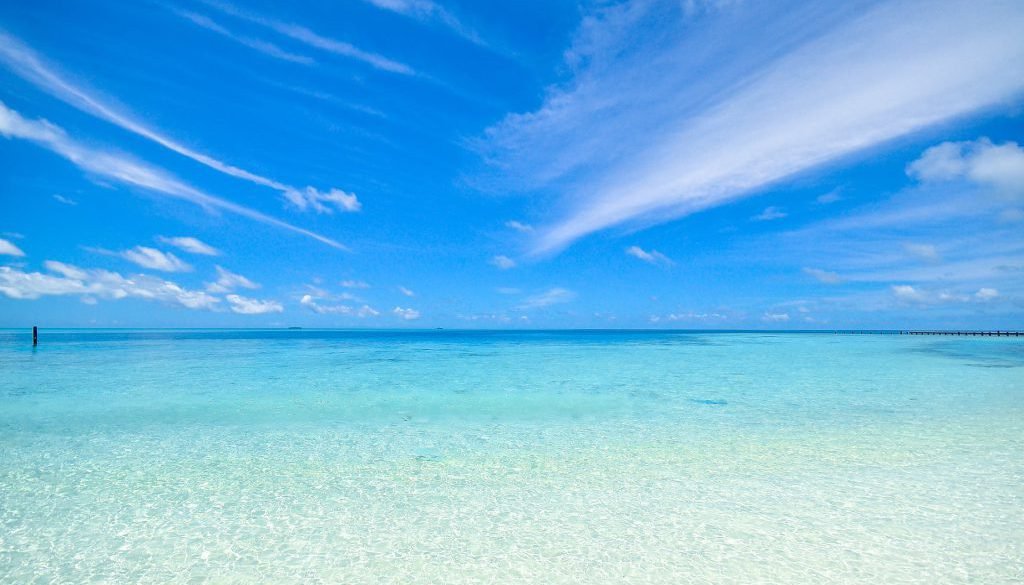What is a VPN good for?
In general, virtual private networks have been used as part of larger enterprise business, where remote users can safely access a secured private network. However, there are also dozens of situations where VPN can be leveraged effectively at the personal level as well.
Simply put, a VPN connects your PC or Smartphone to another computer on a different server that you would normally use and allows you to browse the Internet using that PC’s Internet connection. So if that server is in another country, it looks like you’re in that location, and you may be able to access things that you wouldn’t be able to access from your original location.
To understand the true value of a VPN connection, you may want to stop thinking about certain scenarios where VPN can be used. The next time you consider using a public Wi-Fi network, for example, you may not have always thought that you might be exposed to security threats. Usually, a Wi-Fi connection is set up without further consideration, as long as the connection is only available for free. However, do you know who can track your traffic on that network? Can you even be sure that the Wi-Fi network you are using is legitimate, or could someone use it to track your personal information? This could put many of the private information you risk every time you sign in to a public network.
However, protecting yourself from the threat of a public Wi-Fi network is not the only thing that requires a VPN connection. Below you will find examples of common VPN applications.
VPN to open geoblocked content
You can use VPN to configure a “local” server. Most VPNs typically have dozens, if not hundreds, of servers on which you can securely connect and route data. VPNs redirect your IP address, making the recipient appear to live in a particular country, no matter where you are at any given time.
Of course, Netflix and many other streaming services are one of the many ways the Internet has changed the way you watch TV. Ordinary TV channels around the world also stay up-to-date to offer streaming TV on their websites. For example, you can watch BBC from the US, or vice versa if you want to watch the Discovery or History Channel, for example. The only limitation in most cases is that viewers must be based in their country of origin, because location-based restrictions prevent you from doing so. To circumvent this, all you need is a VPN connection.
Better protection on public Wi-Fi networks
Do you often find free wi-fi in parks, hotels, cafes or elsewhere? If you have accessed an unprotected Wi-Fi network without further consideration, then you should probably know a little more about the risks of insecure public networks. As mentioned at the outset, there are risks associated with using public Wi-Fi networks. An open Wi-Fi connection is unencrypted and, in principle, anyone can be phishing or hacking.
Malware on laptops on your local network can find its way to your device through a router, or free Wi-Fi can be a trap that, for example, names the airport network, but in reality, criminals try to steal your information this way. Also, keep in mind that often even legal free public Wi-Fi always requires some of your personal information. Luckily, VPN takes care of everything you can enjoy on many public wi-fi networks from far away in complete safety.
VPN and anonymity
Do you just want to keep browsing private or do you need complete anonymity as you fight for freedom of speech? You know for sure that it is very difficult to be 100% anonymous online, but a VPN will help. By covering up your Internet footprint, VPN ensures that your browsing habits are hidden from your Internet Service Provider and, in extreme cases, even from the government. Everyone has a right to privacy, and a reliable VPN strives to maintain that right for its users.
It is worth remembering, however, that VPNs promising you a “perfect” anonymity are a myth, but it is true that a functioning private virtual network will hide your sensitive information from those who wish to abuse it. Also, keep in mind that while VPN protects your privacy in many ways, you can always disclose your identity and location without you even knowing it. So always be alert and think carefully about what information is being shared on the Internet.
Circumvention of censorship
If you plan to visit a country where the government maintains severe Internet censorship, you can use VPN to work around this issue. A trusted VPN service lets you access many sites and services that were previously unavailable. Governments have the power to prevent you from accessing websites that you may need to use.
Whether Google and Facebook in China, VoIP applications in Dubai, or Western media in Russia, you no longer have to worry about government censorship. VPN can also be used to receive necessary materials and services from a censored country. The data is encrypted, which means that every network activity is private.
Unlimited Internet access at school or at work
It is common for schools, universities, and workplaces to restrict access to content that may be inappropriate or annoying. There are often good reasons for such restrictions, but sometimes the blocks can go a bit too far. Sometimes, for example, if you just wanted to go to Facebook and check your news feed, the use of these restrictions may seem exaggerated. Again, one viable solution is to use VPN, but keep in mind that circumventing the restrictions can have consequences, so continue at your own risk.
Improving your Internet connection
Although using a VPN can always slow down the internet a bit, it can also sometimes help speed it up. This may sound strange, but when you find that many ISPs are actively limiting connections, they detect peaks in bandwidth usage. This can be caused, for example, by using streaming services, downloading large files, or playing games.
When a VPN encrypts your data, for anyone, and just like for your ISP, it is very difficult to decide that the connection you are using is truly yours, and your bandwidth is not so easily limited. This is followed by a faster Internet connection, the bandwidth of which you truly agree to pay.
Safe and unlimited use of torrents
Although the use of torrents is not illegal in itself, sharing and downloading of copyrighted material may be possible. For this reason, many countries are trying to ban or restrict access to large torrent sites. If you are located in one of these countries where the legislation clearly lacks the ability of torrent sites to operate, then VPN will give you access to these sites no matter where you are in the world.
Not all VPNs allow torrents on their servers, but some, like CyberGhost, offer specially named P2P servers that are optimized for torrents.







